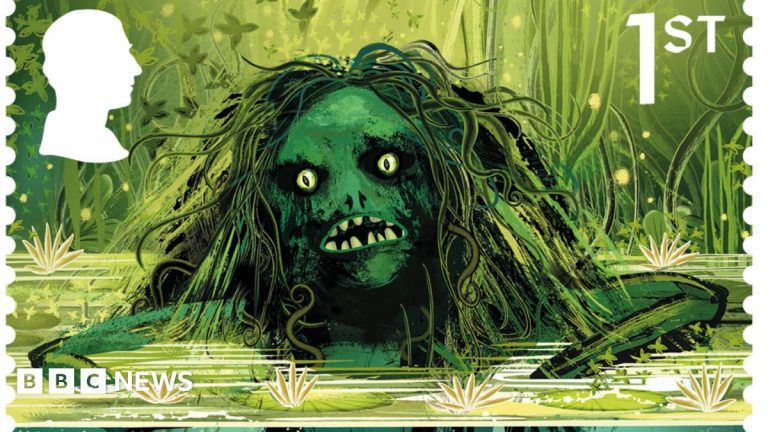Winsham points out that numerous books, films, and television shows incorporate folklore, and there is currently a growing trend of integrating folk tales into video games as well. Additionally, social media has made traditional stories and urban legends more accessible, and she is a co-founder of the #FolklorEthursday project, which boasts over 60,000 followers. She notes that this platform allows people to share local stories, lore, and traditions in real-time with others around the globe. Winsham believes that folklore provides solace in a challenging world and serves to help people find calmness by looking beyond themselves.
Dr. Clark remarks that while technology and communication offer advantages, there is still a sense of something lacking. He observes that young individuals are enthusiastically embracing folklore, a phenomenon highlighted in last year’s BBC series by Charlie Cooper about a mythological nation. According to Dr. Clark, nature encompasses not just flora and fauna, but also narratives and traditions. He suggests that engaging with these elements fosters a “sense of connection and identity,” making people feel less like mere “cogs in the machine.” Although individuals may feel powerless, being part of a local community tied to these traditions can provide significant benefits and a sense of belonging.


